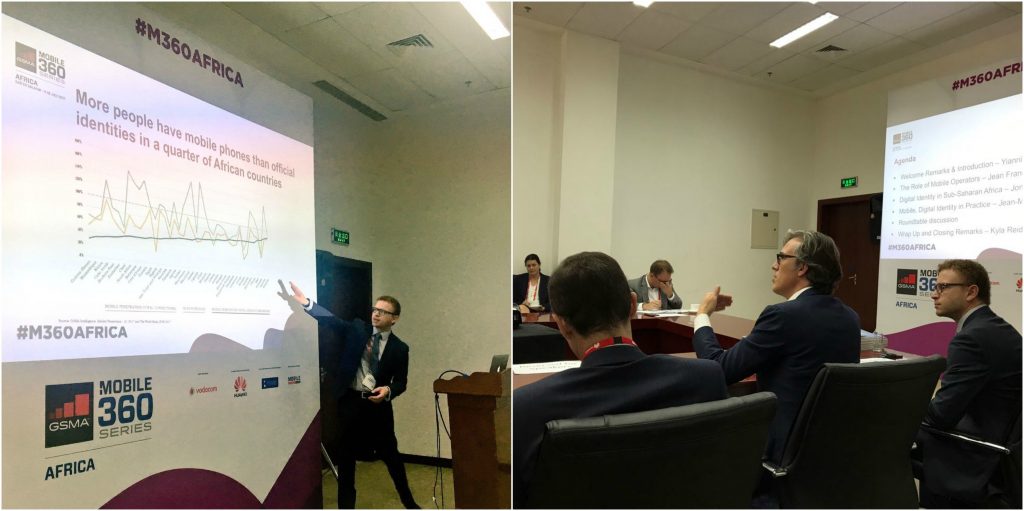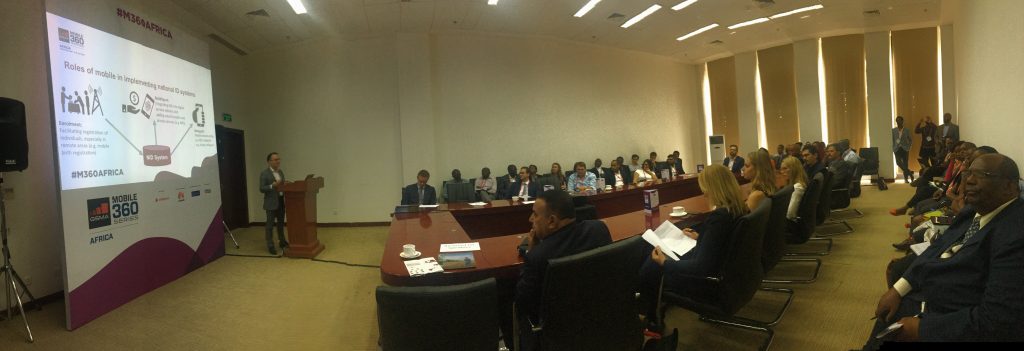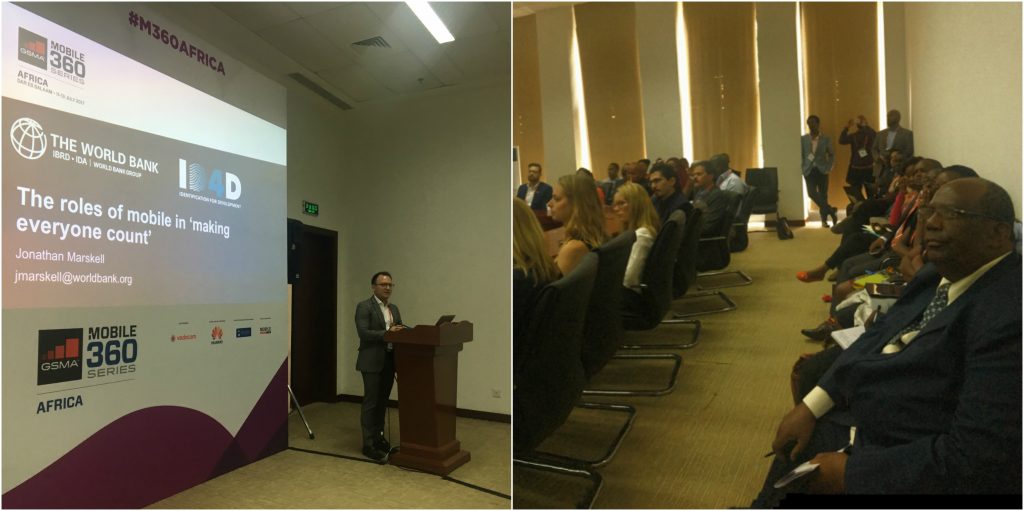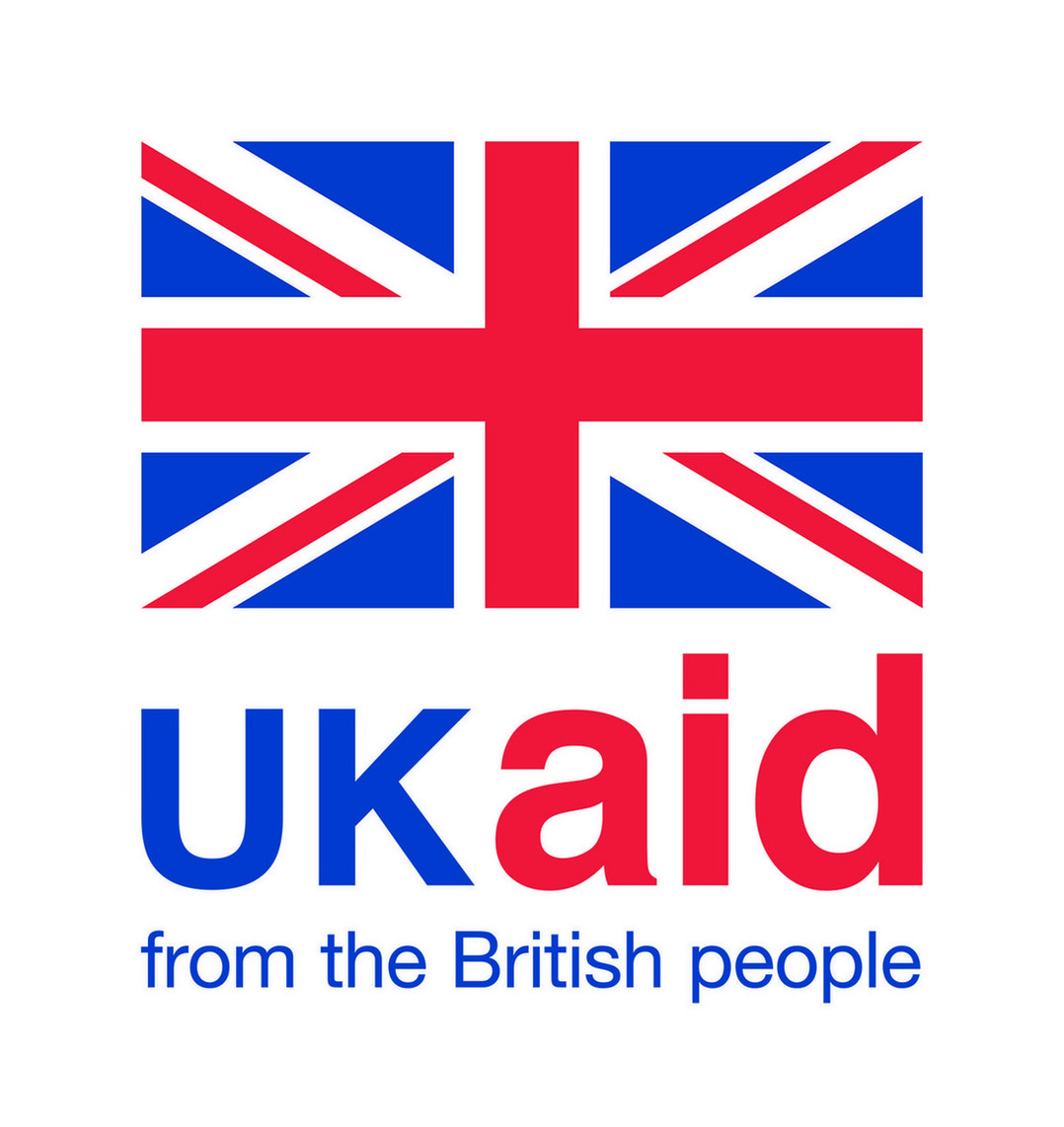The Digital Identity team recently hosted a workshop at the GSMA’s Mobile 360 Series – Africa event in Tanzania, titled Digital Identity: Closing the Gap Through The Power of Mobile. The session was oversubscribed with more than 50 attendees participating in the workshop, which was led by presentations from the World Bank, Gravity – a mobile identity solution provider, and the GSMA.
Yiannis Theodorou, the Digital Identity programme’s Director of Policy and Regulatory Affairs, kicked-off the session by providing an outlook on the current mobile and identity landscape. Over the last ten years, mobile penetration (as a percentage of total population) has surged across Africa – the average rising from 24 per cent to 86 per cent. In more than fifteen African countries, mobile penetration as a proportion of the population is above 100 per cent, and mobile connections in the region are predominately prepaid or ‘pay as you go’.

The session provided an update on mandatory SIM registration, which requires consumers to present proof of identity in order to activate a prepaid mobile SIM card. Since the publication of the the GSMA’s latest white paper on The Mandatory Registration of Prepaid SIM Card Users, the number of countries mandating prepaid SIM registration across the world has risen to at least 135. Forty-nine of these are located in Africa. Yet, since identification remains low throughout the continent, the discussion touched on the challenges to consumers who wish to register their SIM cards but may lack the necessary identification. According to the World Bank, only six countries in the region have official identification covering more than 90 per cent of their citizens. Whereas in thirteen countries, comprising 38 per cent of the African population, more people have mobile phones than official identities. The presentation concluded by illustrating a strong correlation between ownership of official identity and mobile penetration – and the role mobile operators could play in supporting national identity rollout programmes and offering digital identity solutions.

The World Bank representative Jonathan Markskell noted that an estimated 1.1 billion people in the world lack a form of official identity in 2017; 502 million of these are in Africa. The World Bank has embarked on a $450 million project across the Economic Community of West African States’ (ECOWAS) to support the development of national IDs for citizens that are mutually recognized by the participating countries, enabling citizens to access services across borders. Jonathan’s presentation also touched on how the World Bank encourages countries to use technical resources to help design and rollout ID schemes, as well as their work in coordinating several partners involved in the identity ecosystem. A recent report was referred-to – Principles on Identification for Sustainable Development: Toward the Digital Age – which nineteen United Nations and international organisations, donors and associations including the GSMA endorse.
In the final section of the World Bank’s presentation, Jonathan outlined opportunities where countries across Sub-Saharan Africa can harness mobile to form digital identity and accelerate national ID rollouts. In the realm of digital identity, there is the possibility that mobile can be used as a credential in humanitarian response or for displaced populations. Tigo Tanzania has helped to improve birth registration rates in rural areas by developing a mobile application that local health workers can use to register births anytime. Jonathan expressed the opinion that the mobile platform can be used for a multitude of services across the identity value-chains, beyond birth registration.

The final speaker was Jean Marc Stenger, from a start-up company called Gravity based in Paris and Nairobi. Gravity is developing an identity management service based on peer-to-peer (P2P) certification and blockchain operations and targets individuals who may lack any form of official identification. All they need is access to a mobile phone. Jean Marc presented initial findings from a pilot Gravity is conducting across Kenya across over 1000 mobile users. He also illustrated how mobile operators could eventually use the solution to outsource the collection and verification of their customers’ identity credentials, while at the same time supporting their SIM registration compliance efforts.
This initiative is currently funded by the UK Department for International Development (DFID), and supported by the GSMA and its members.

